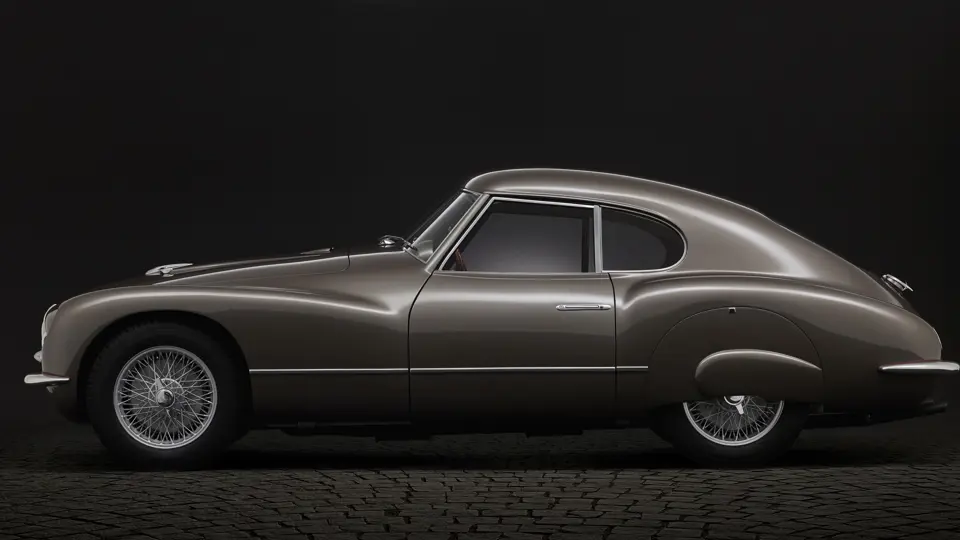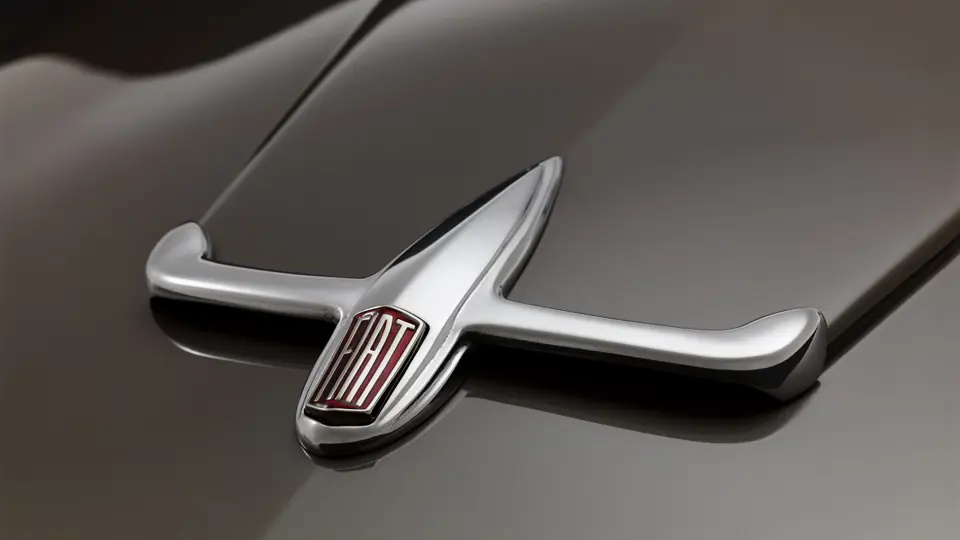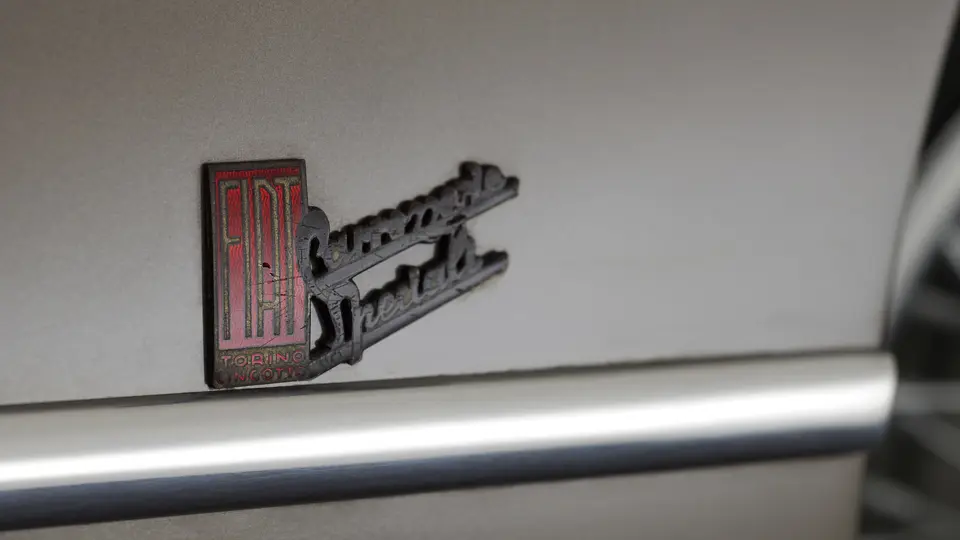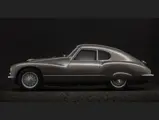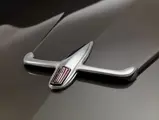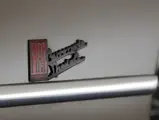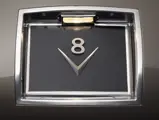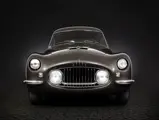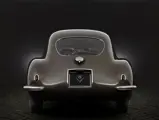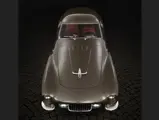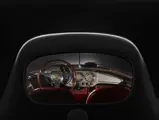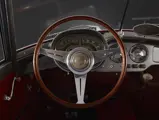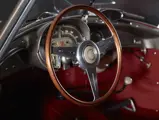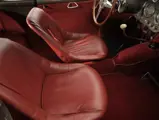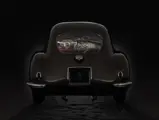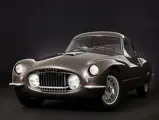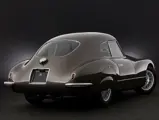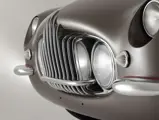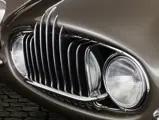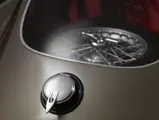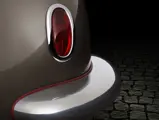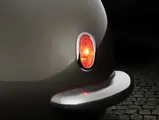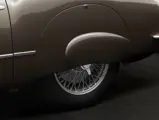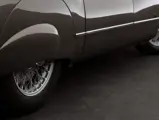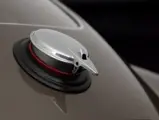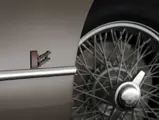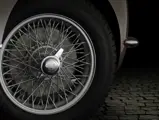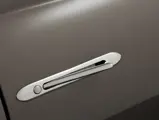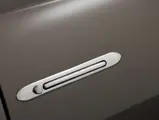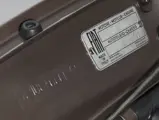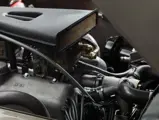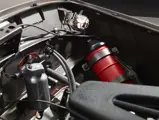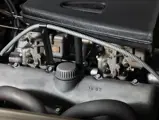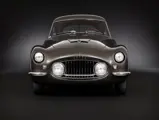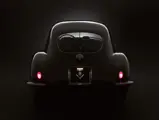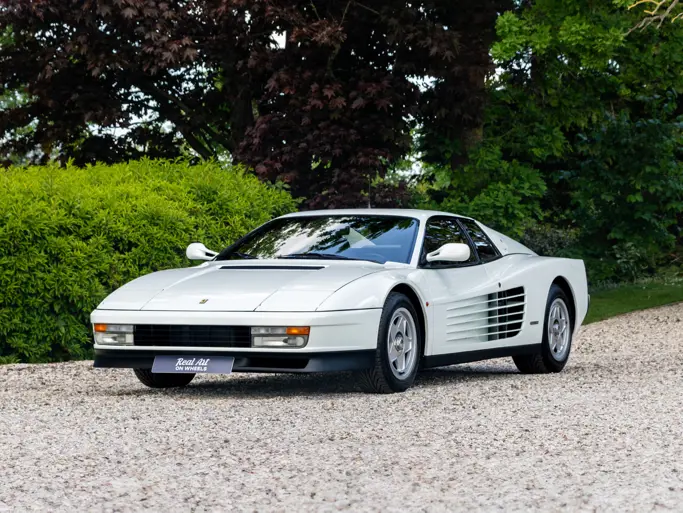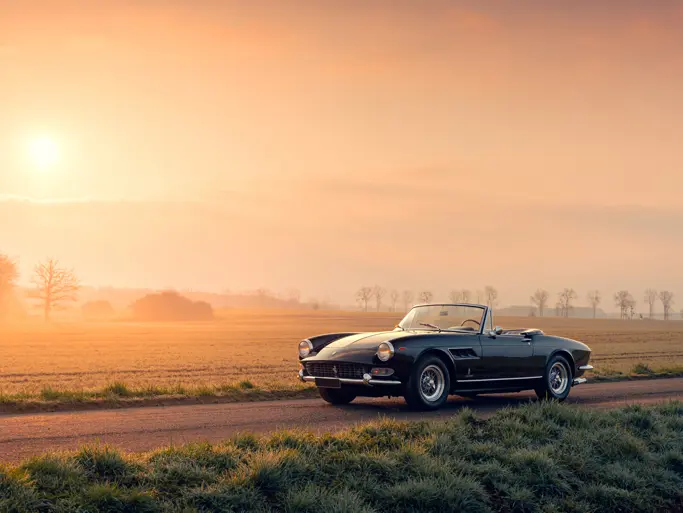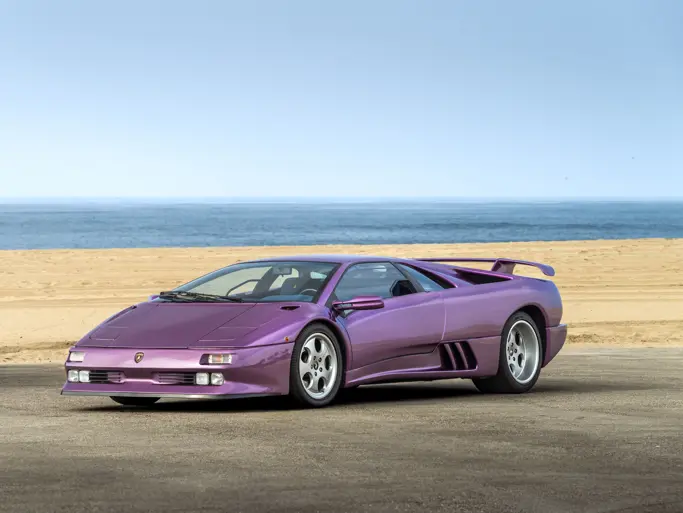
1953 Fiat 8V Berlinetta
{{lr.item.text}}
CHF1,355,000 | Sold
{{bidding.lot.reserveStatusFormatted}}
- One of 114 Fiat 8V examples made between 1952 to 1954
- Among the first of 34 “Series I” cars with bodywork made in-house by Fiat
- Well-preserved, with matching-numbers chassis and engine
- Eligible for entry into historic events in the collector car calendar
- Accompanied by photos showing restoration by Gabriele Artom between 2011 to 2014
It would be fair to say that the Fiat 8V caused a stir when it was introduced at the 1952 Geneva Motor Show. The reaction it provoked was wholly positive, but it came as a surprise when Fiat—at the time renowned for making cars in high volume, such as the diminutive yet popular Topolino—revealed a sports car with a powerful engine that was also visually stunning. In its coverage of that year’s automobile salon in Switzerland, Road & Track magazine described the announcement of Fiat’s 8V as “the biggest surprise of the year”.
The concept for the Fiat 8V was born out a proposal from the company’s Chief Engineer, Dante Giacosa, who suggested that the Turin marque should make a limited-production sports car for a new two-litre Gran Turismo racing class in a proposal to Fiat’s board of directors and President, Vittorio Valletta, in 1951. The first 34 examples of the 8V, known as “Series I”, wore bodywork manufactured in-house by Fiat’s Reparto Carrozzerie Speciali department and designed by Fiat’s Head of Ufficio Tecnico Carrozzeria, Luigi Rapi. Later examples, from chassis number #000035 onward, were planned as a “Series II”; these were ultimately sold as a rolling chassis and bodied by famous coachbuilders such as Ghia, Vignale, and Zagato.
The advanced overhead-valve light alloy V-8 engine—internally coined Tipo 104—was a 2.0-litre powerplant that was paired with a four-speed manual gearbox, while the car featured four-wheel independent suspension and drum brakes all around. Weighing in at just under 1,000 kilograms and sitting on a chassis made by Siata, the Fiat was designed for poised and reactive handling thanks to its lightweight frame and relatively powerful engine. The first iteration of the Tipo 104 engine produced a claimed 110 horsepower, giving the car a reported top speed of 190 km/h.
Only 114 examples of the Fiat 8V were made in a production run that lasted only two years. Fiat executives of the era refocussed their efforts on developing cars for higher volumes of production, making way for the Fiat 600 to launch in 1955 and the famous 500 in 1957. Nevertheless, with its sporting characteristics and impressive configuration, the 8V was popular among privateer racers. Many 8V models would go onto compete in motorsport campaigns from hill climbs to road races—including this example, chassis no. 000011.
8V NUMBER 000011
Documented to have left the factory finished in Grigio Rosato over red seats with grey and beige carpets on 24 April 1953, this 8V was destined for its first owner in Milan, Italy. The car was not registered in Italy and was exported to its next owner in Gentilino, Switzerland, Mr. Franco Franzi, in 1956. Under the ownership of Mr. Franzi, it is understood that the shape of the grille was lightly adjusted with handmade modifications to allow a greater flow of air into the engine bay, and the Fiat was immediately entered into motorsport events. In the 1956 running of the Grand Prix Suisse de la Montagne Ollon-Villars Course Internationale de Côte (or Ollon-Villars hill climb), Mr. Franzi is recorded to have finished second in the 1.6 to 2.0-litre category. The car would stay in his ownership until 2008, when it was returned to Italy, headed for Aosta, when purchased by Mr. Edoardo Borla.
The vehicle was photographed undergoing a complete body-off, nut-and-bolt restoration by Gabriele Artom of Italy that began in November 2011, lasting until 2014. As can be seen in the restoration photos that will accompany the car upon its sale, the coachwork of the Fiat was removed and blasted back to metal, then repainted to match the correct Grigio Rosato exterior colour. The engine was removed and completely rebuilt, and the seats were recovered in their original red leather, taking care to retain the solid covering on the front passenger’s seat and vented shape on the driver’s seat. The alloy wheels were also refinished in chrome. As part of the process, restorers used caution to retain the originality of the car—fitting for an example that, per the Fiat 8V registry, retains its numbers-matching engine.
In 2014, the Fiat made its first appearance at a significant event since its restoration, appearing at that year’s Concourso d’Eleganza at Villa d’Este in May, verified by a certificate along with photos of the car being presented to the crowd on the red carpet. In October of that year, the car was sold again, with Mr. Borla pass the car to the incumbent owner. In 2017, the car was presented at the Masterpieces Concours at Schloss Dyck, the German concours event, where it won the “Coupes of Class” category.
This represents a significant opportunity to acquire part of automotive history, one that appeals equally to enthusiasts of the Fiat marque, Italian cars in general, or simply collectors of rare Berlinetta-style cars with period race history. The Fiat is eligible for many historic events in the collector car calendar, and is offered for sale with a Fahrzeugausweis road registration from Liechtenstein.
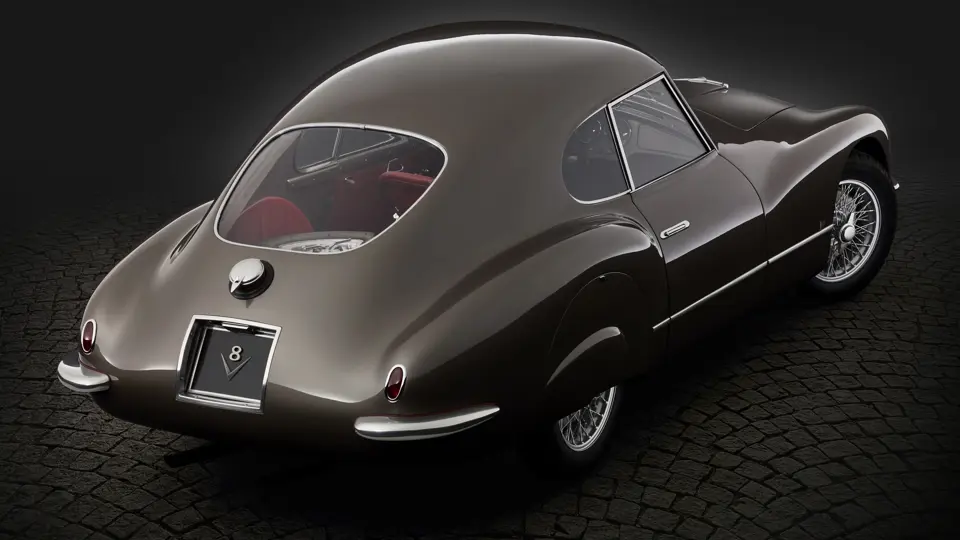

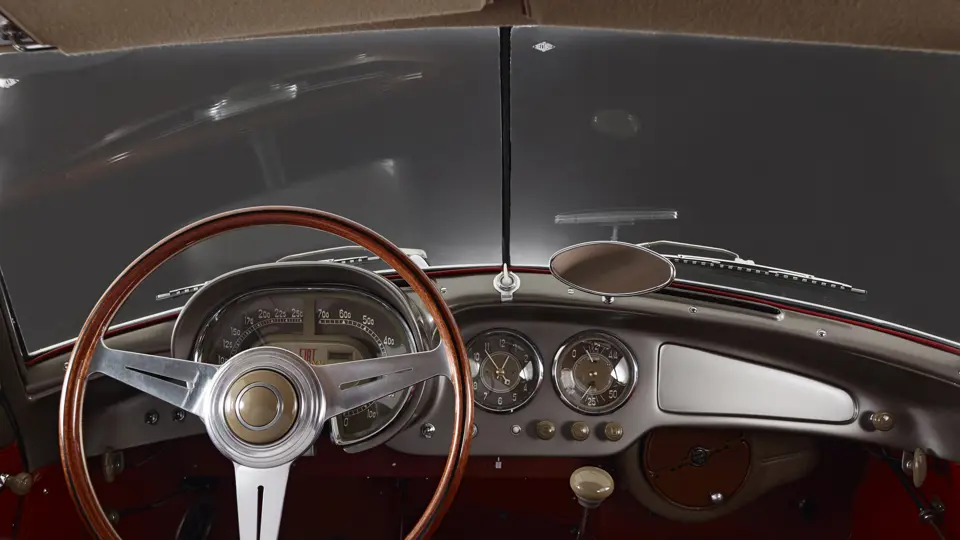

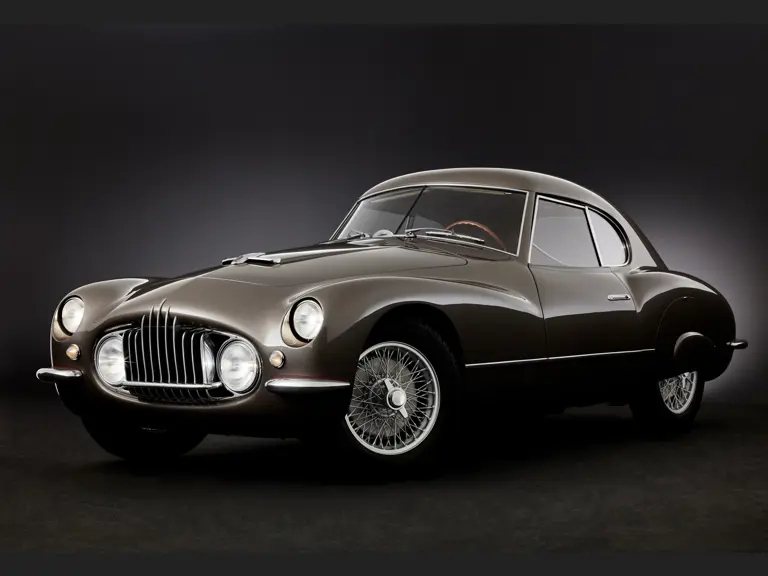
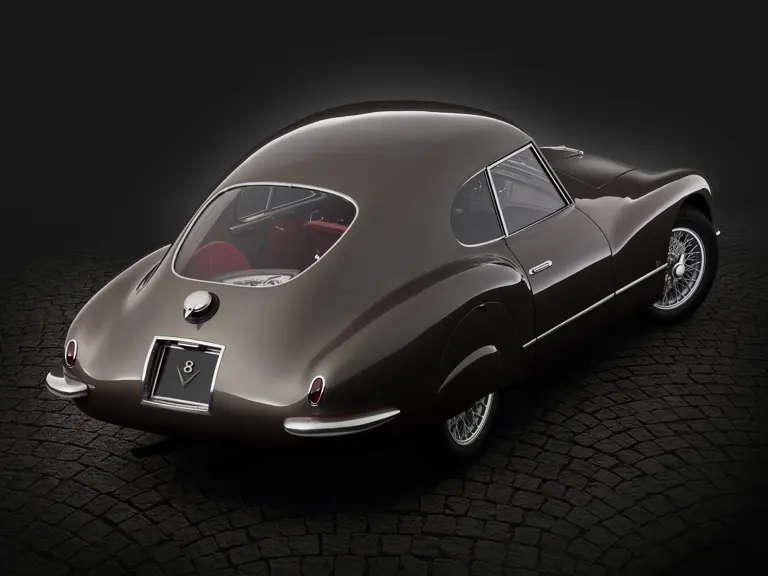
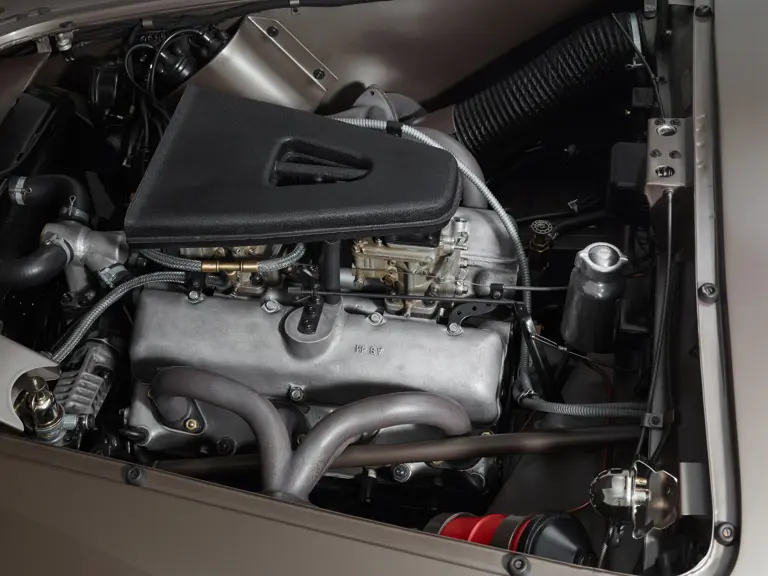
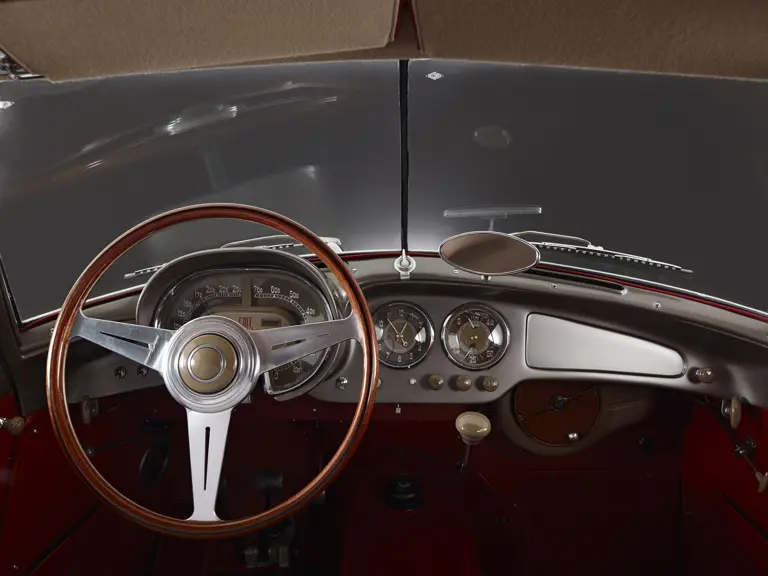
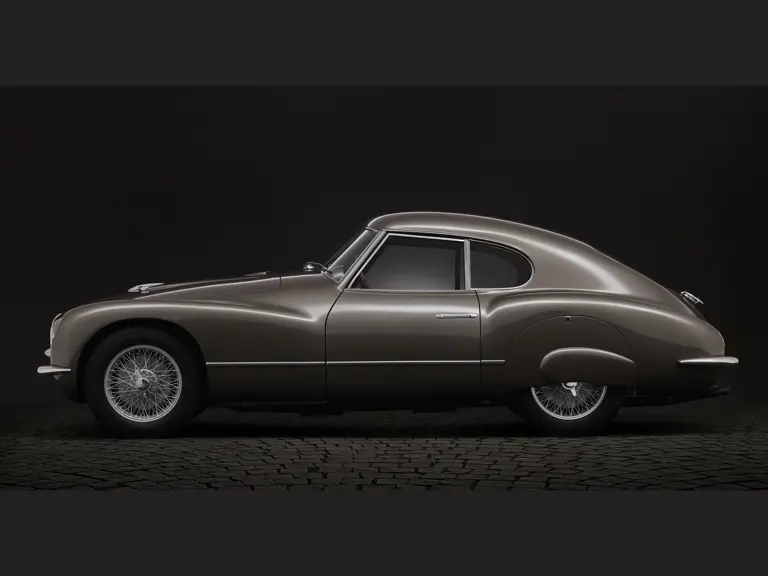
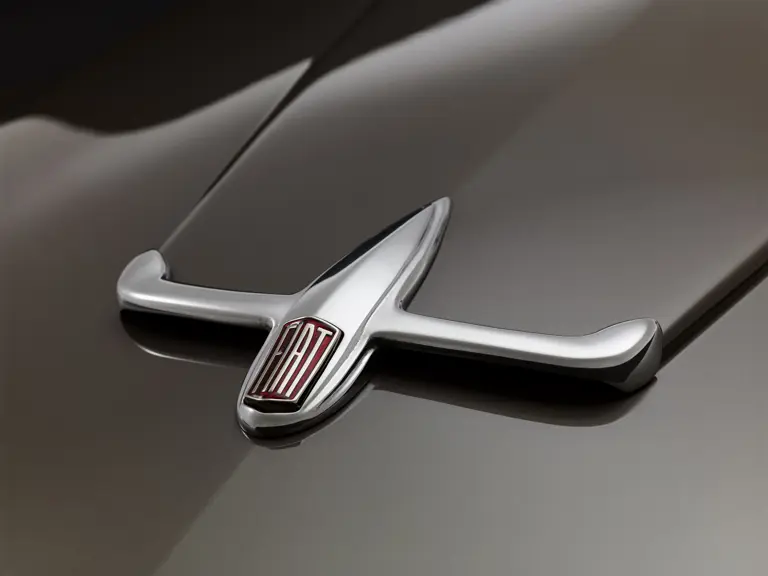
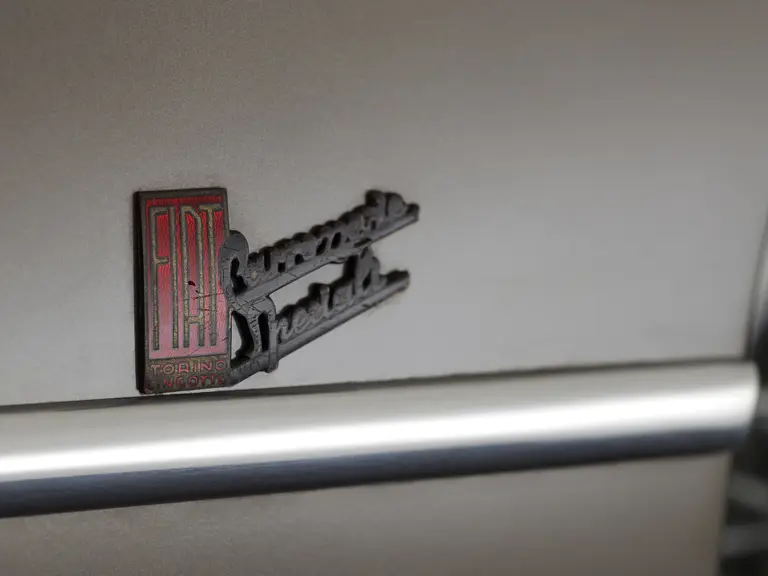
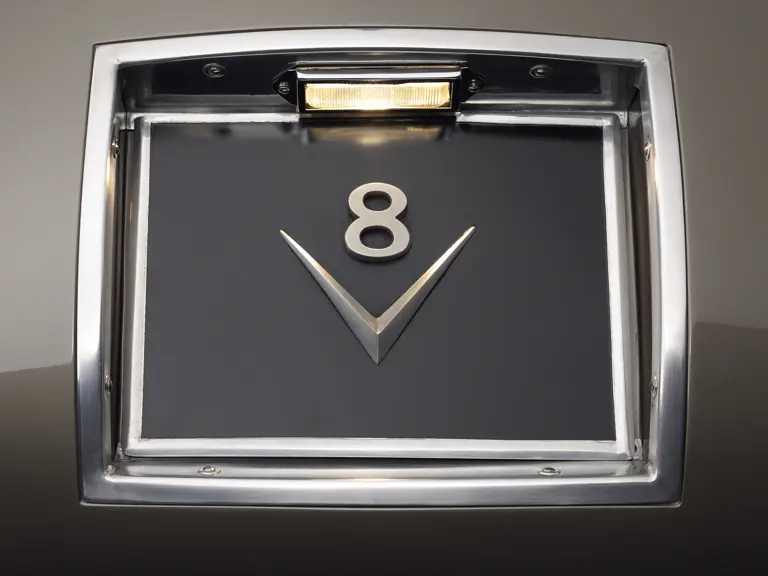
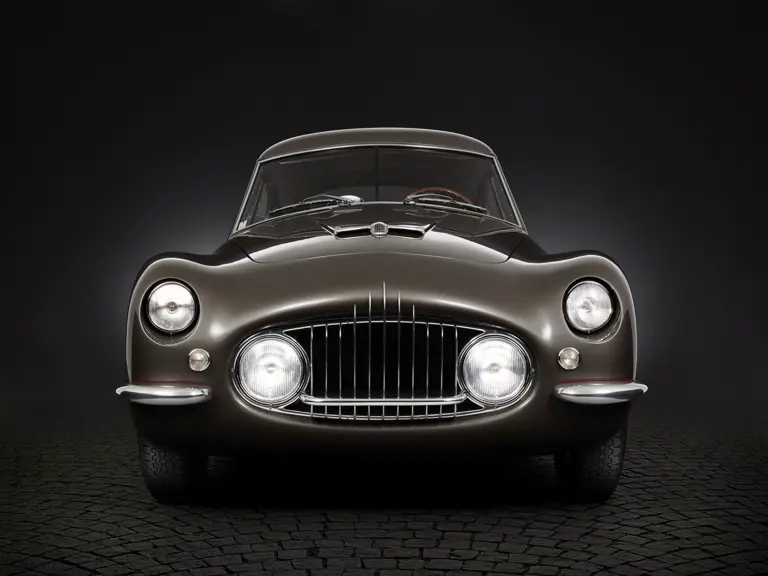
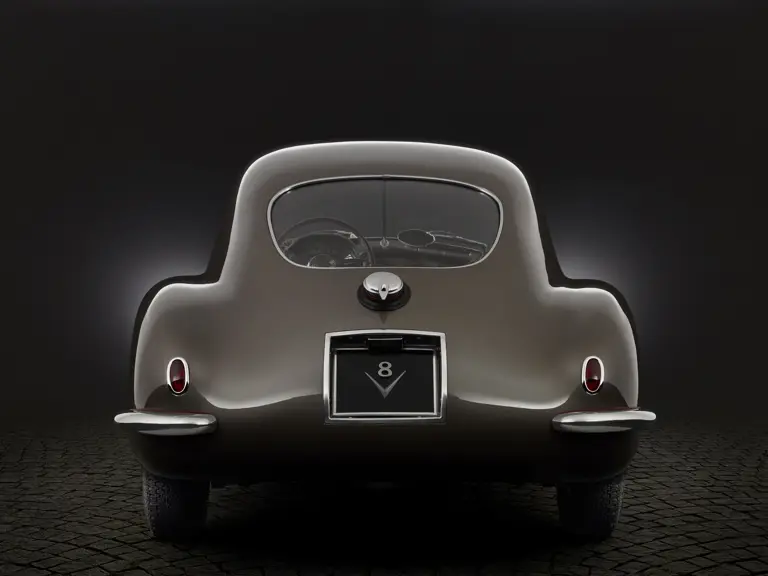
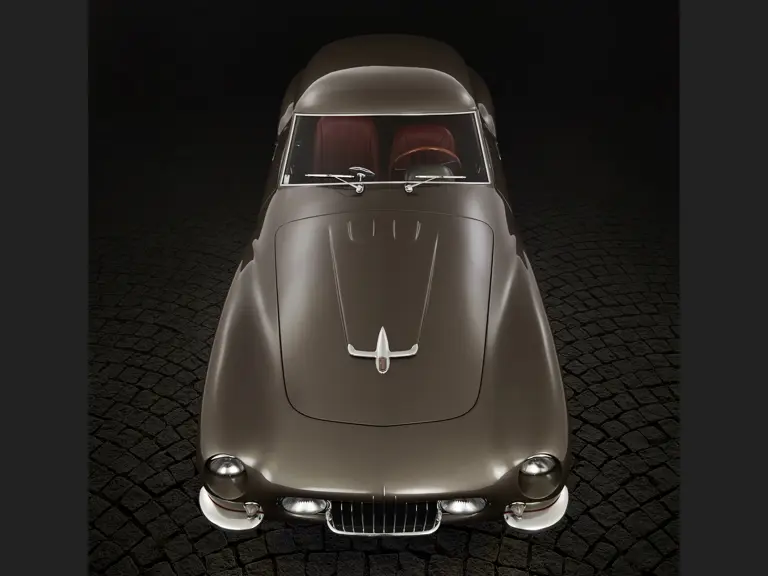
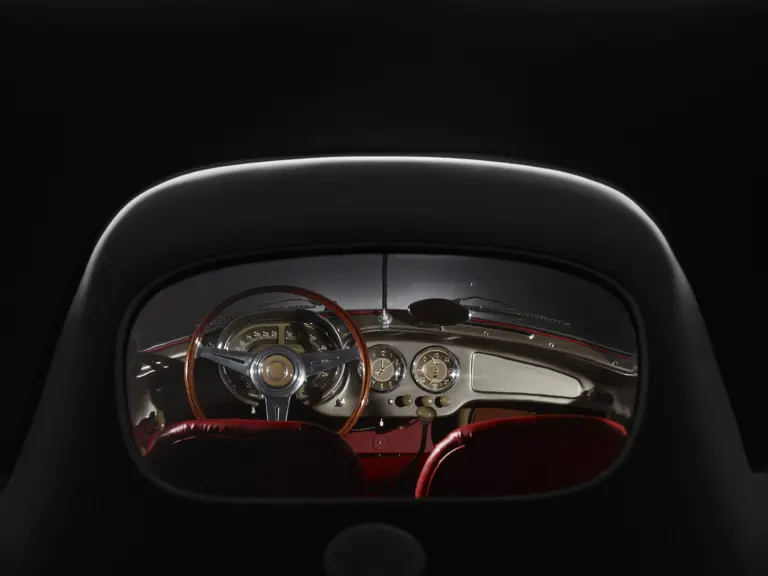
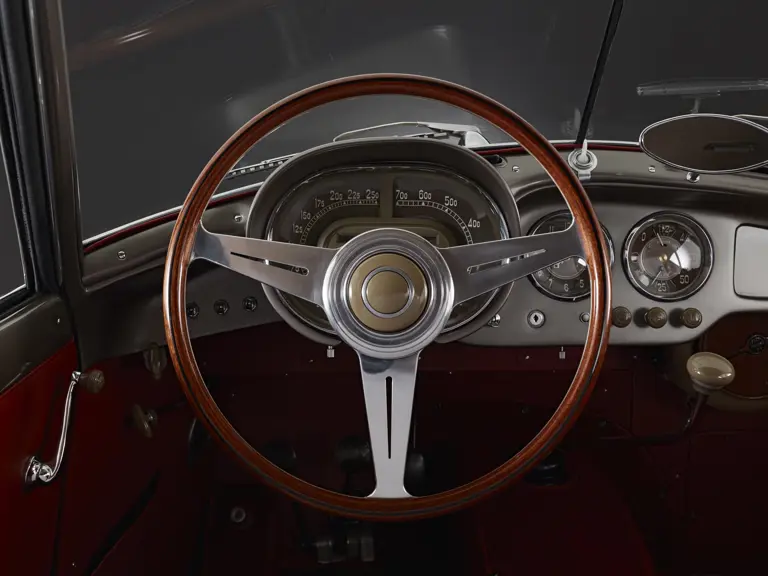
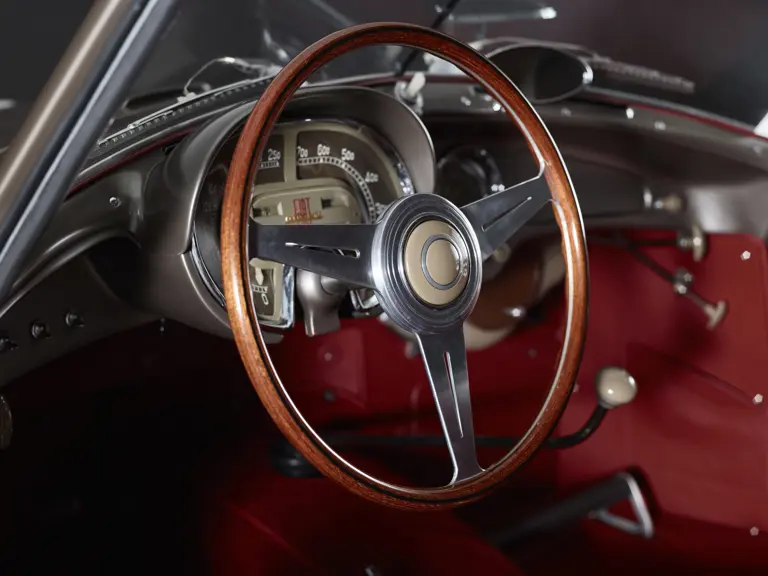
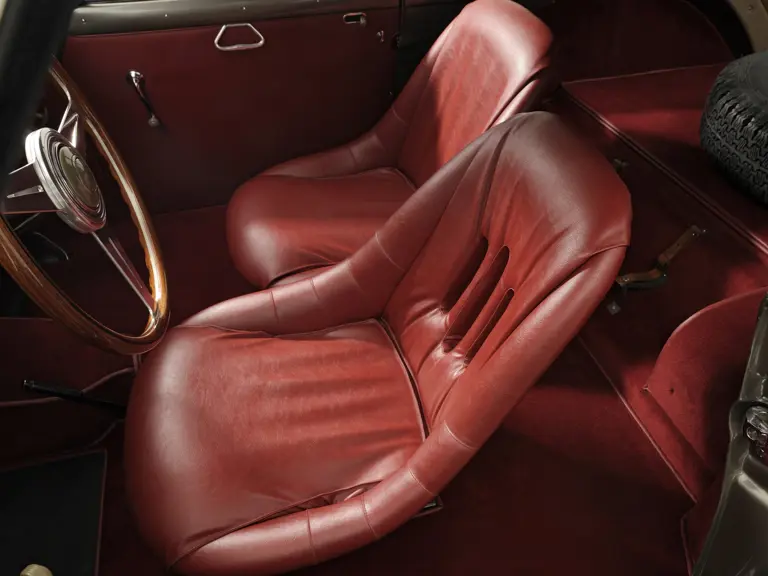
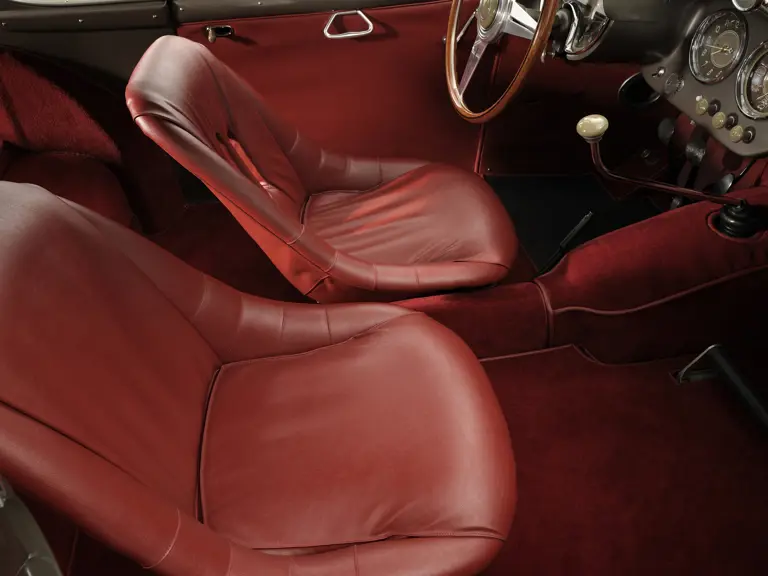
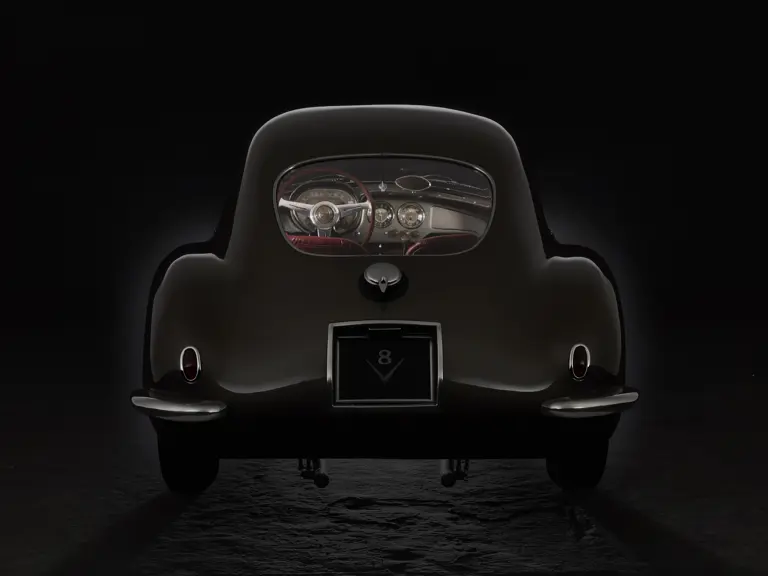
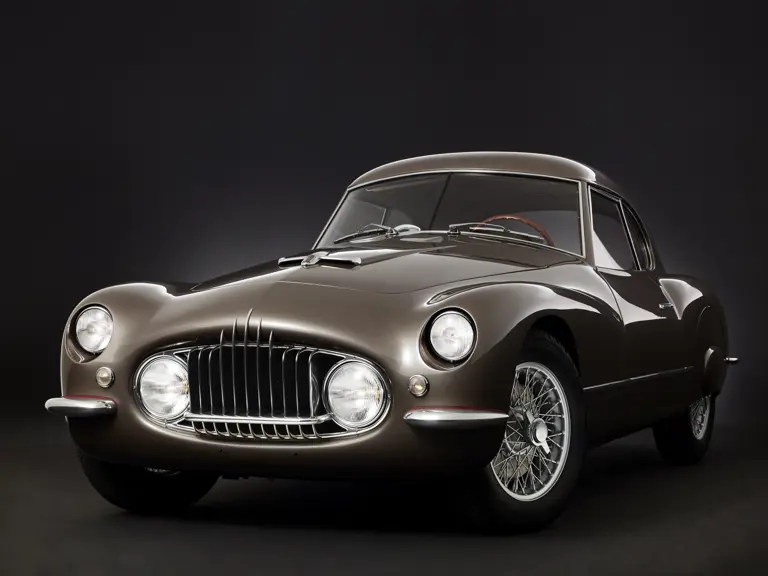
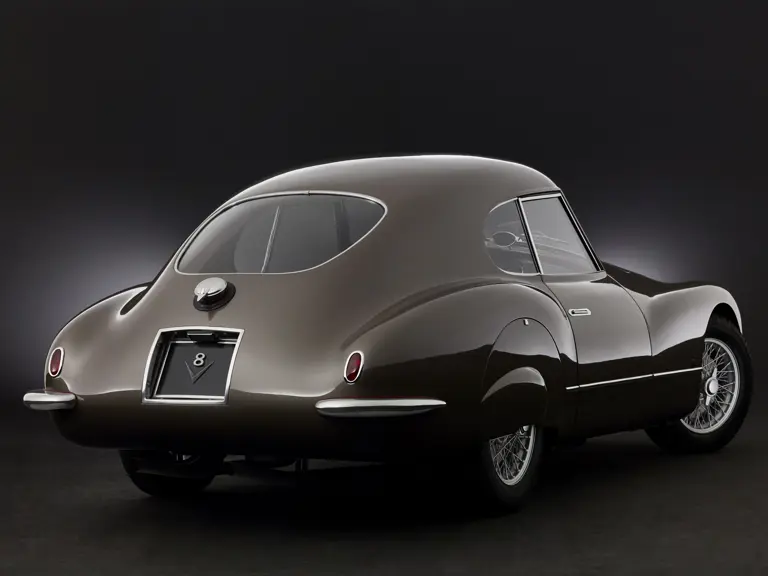
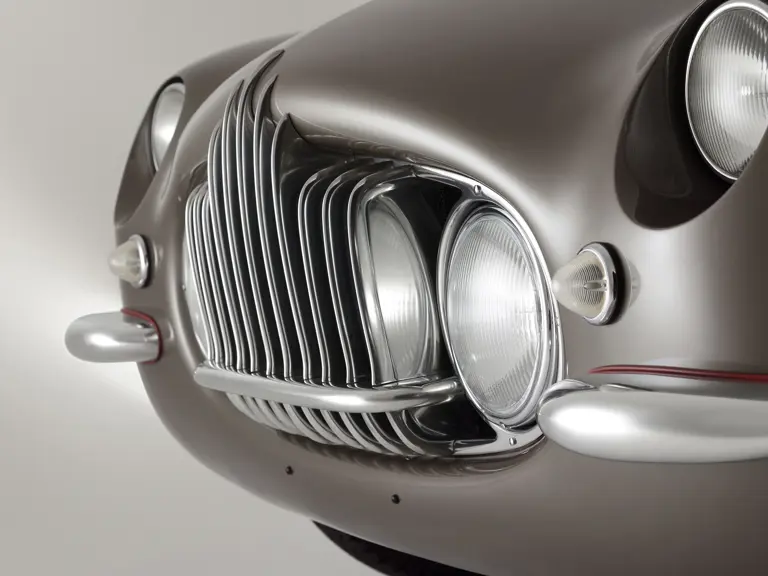
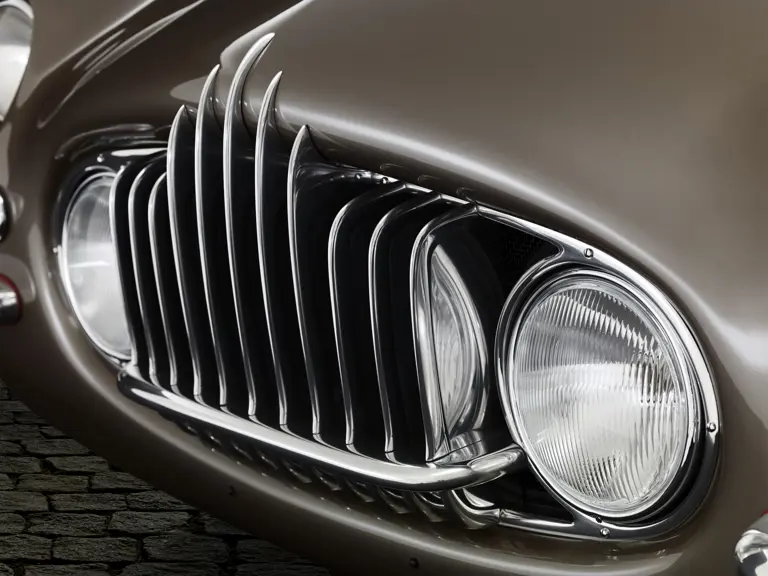
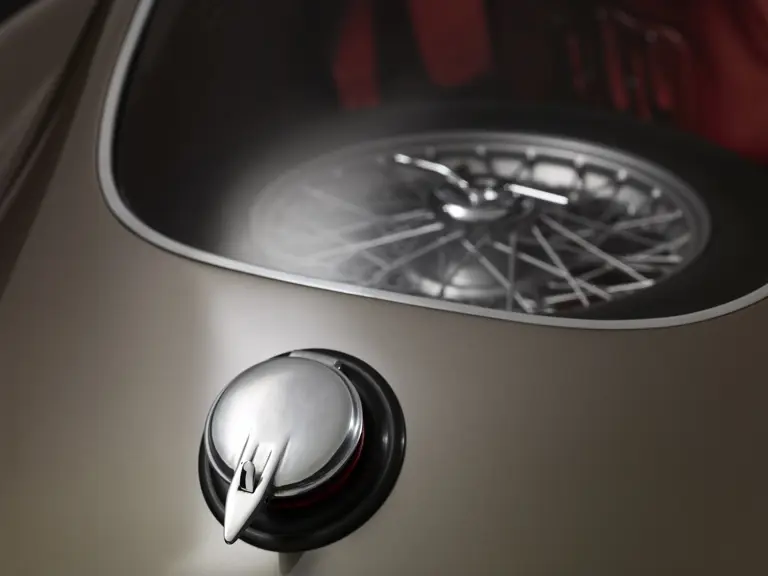
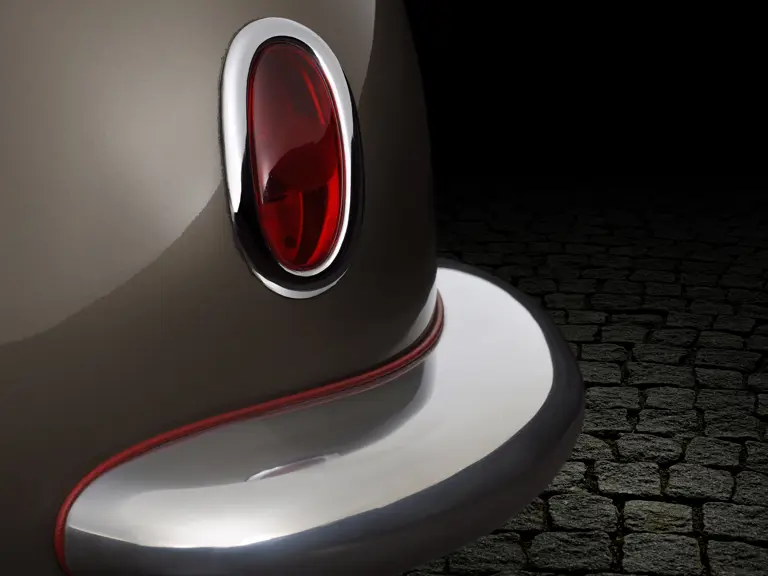
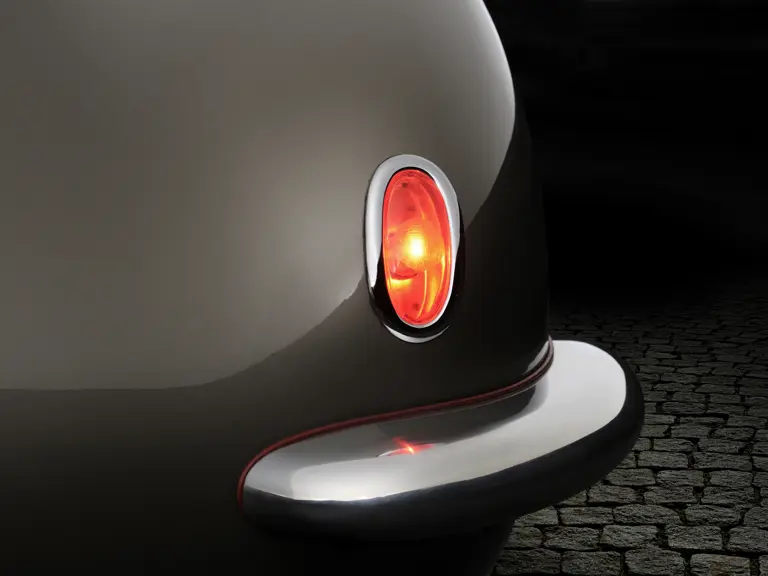
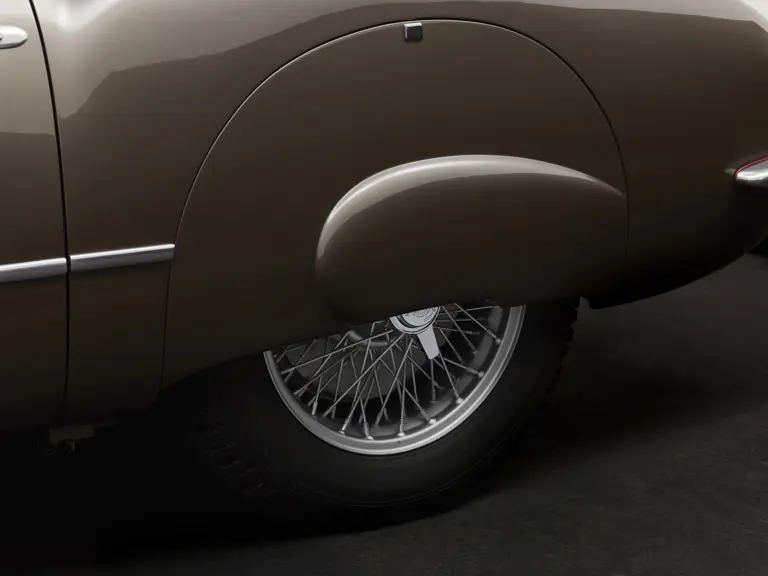
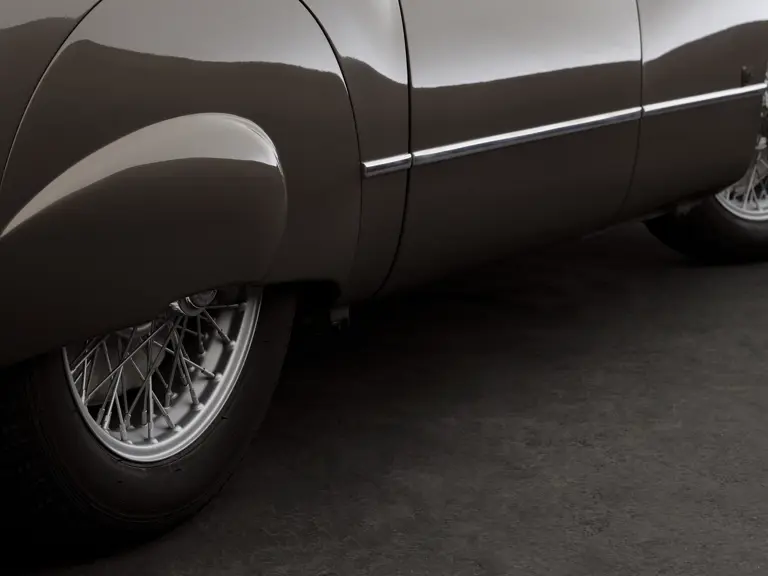
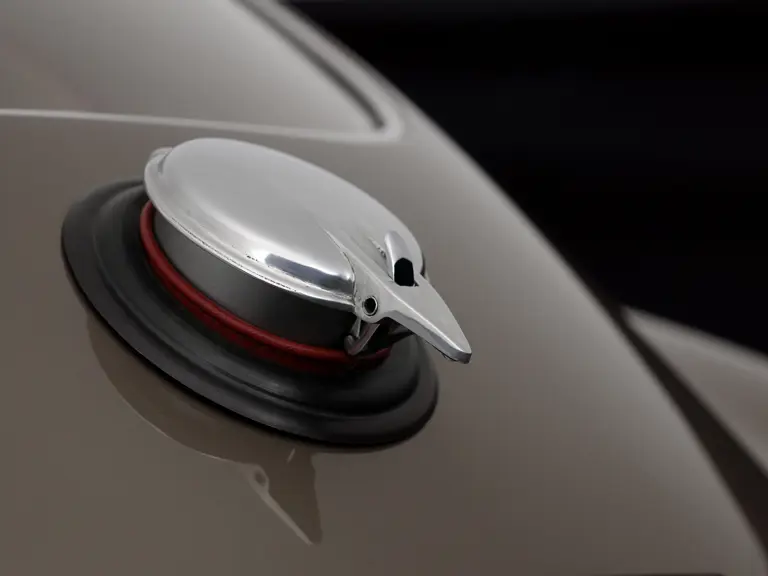
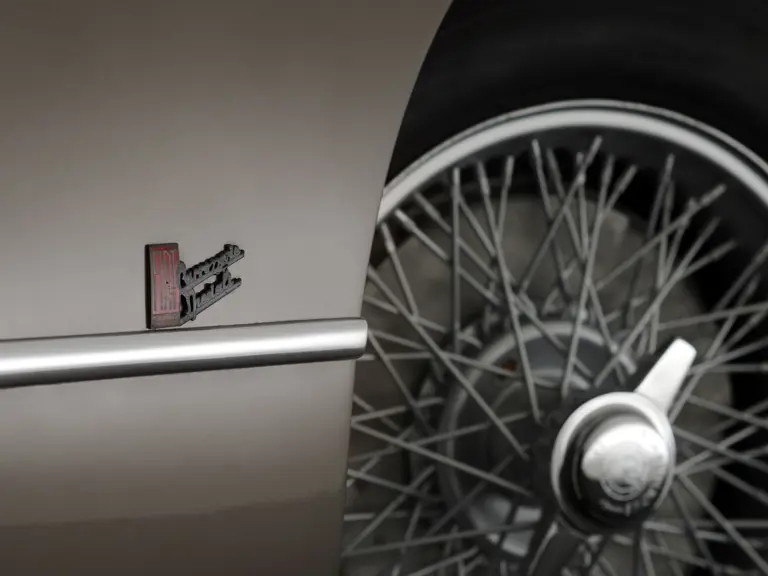
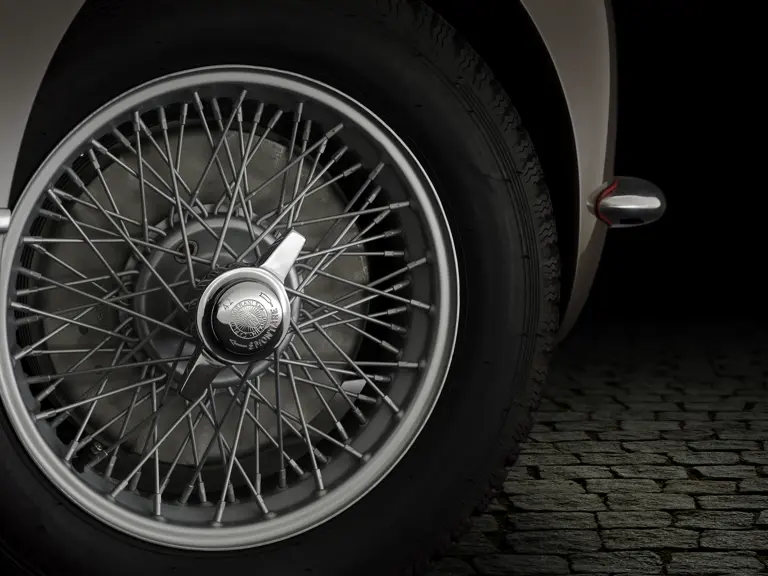
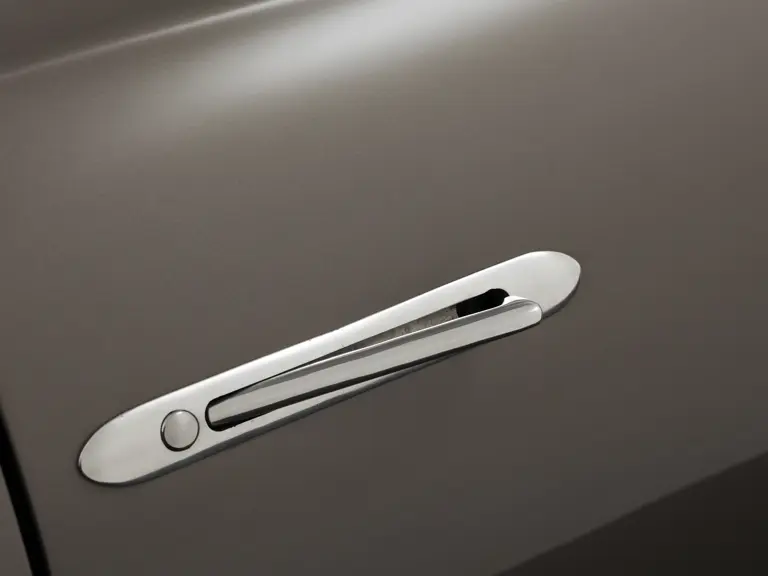
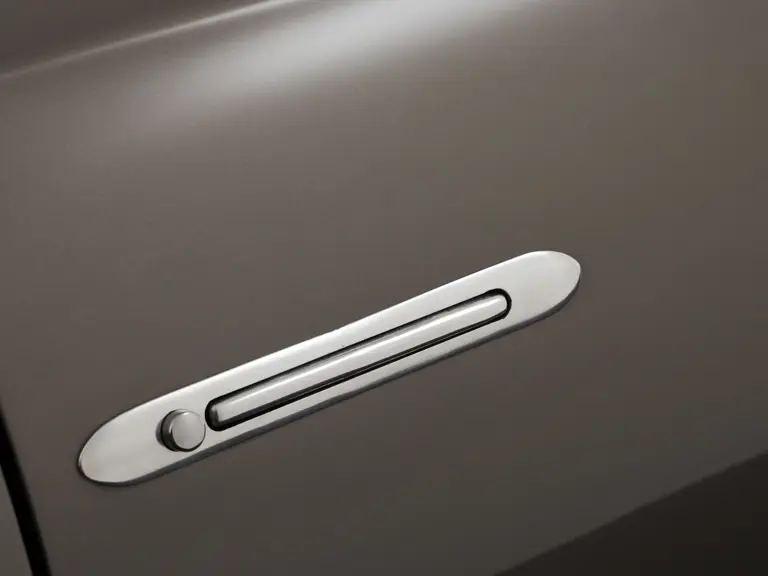
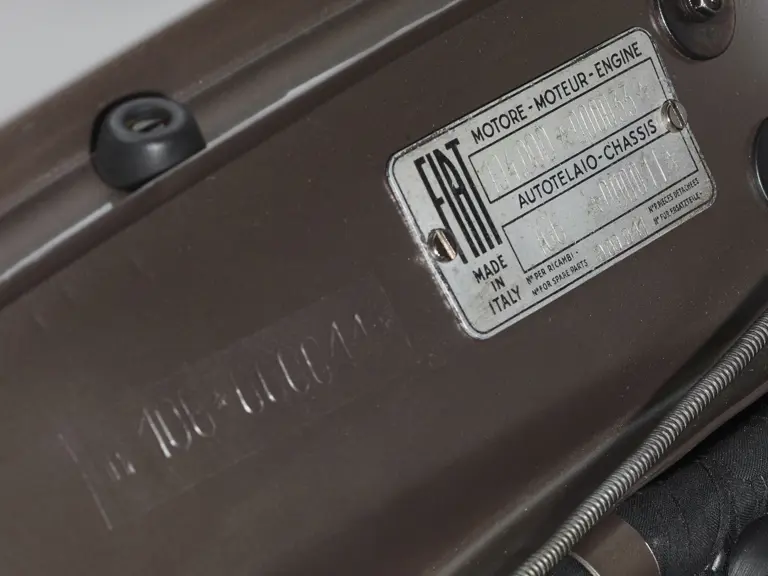
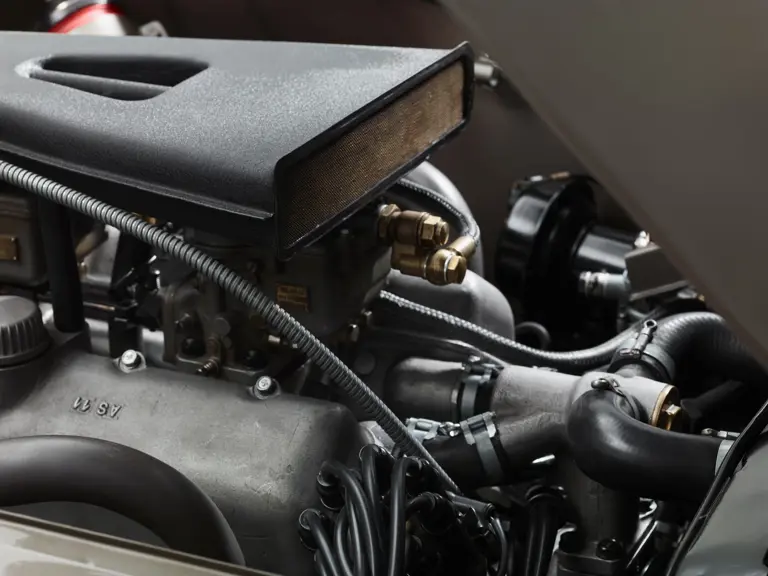
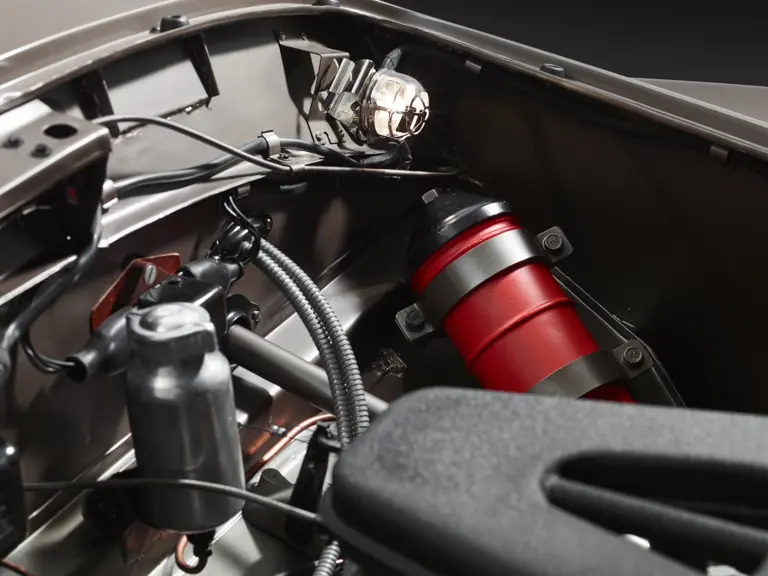
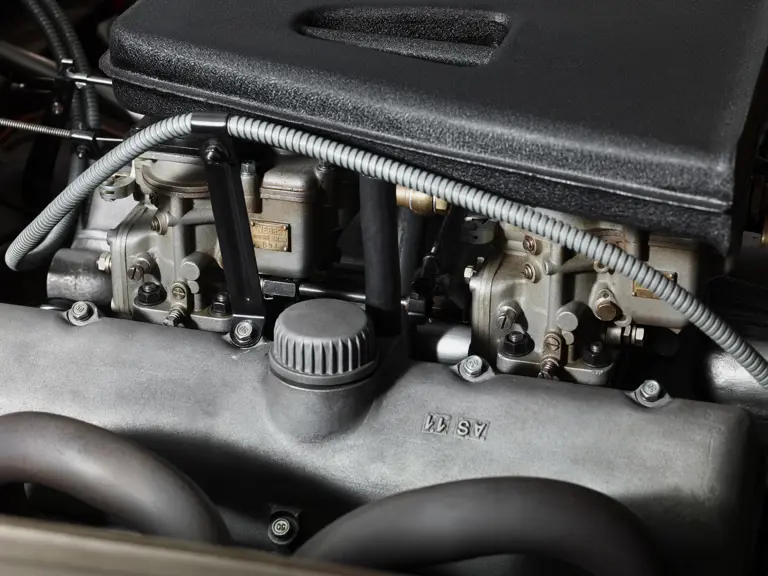
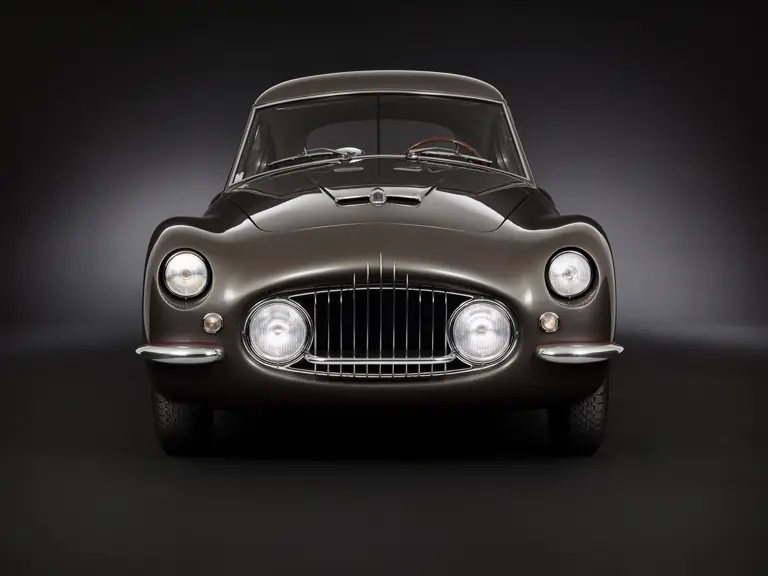
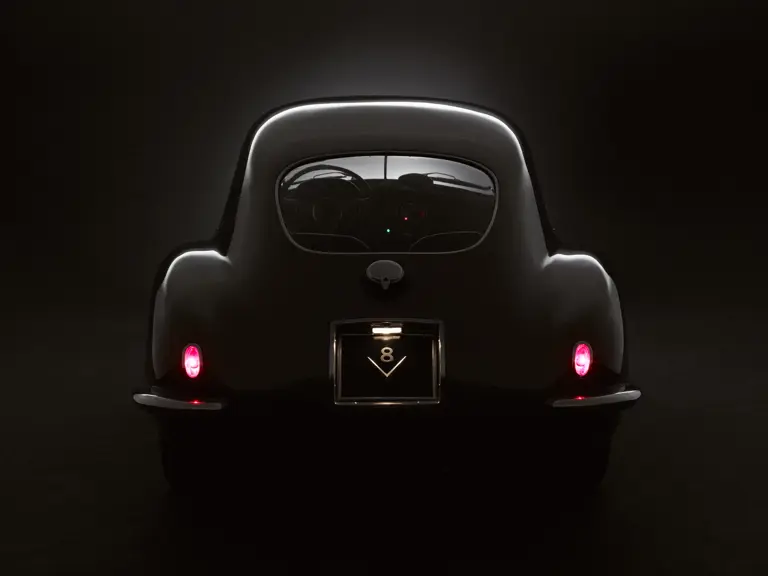
 | St. Moritz, Switzerland
| St. Moritz, Switzerland
